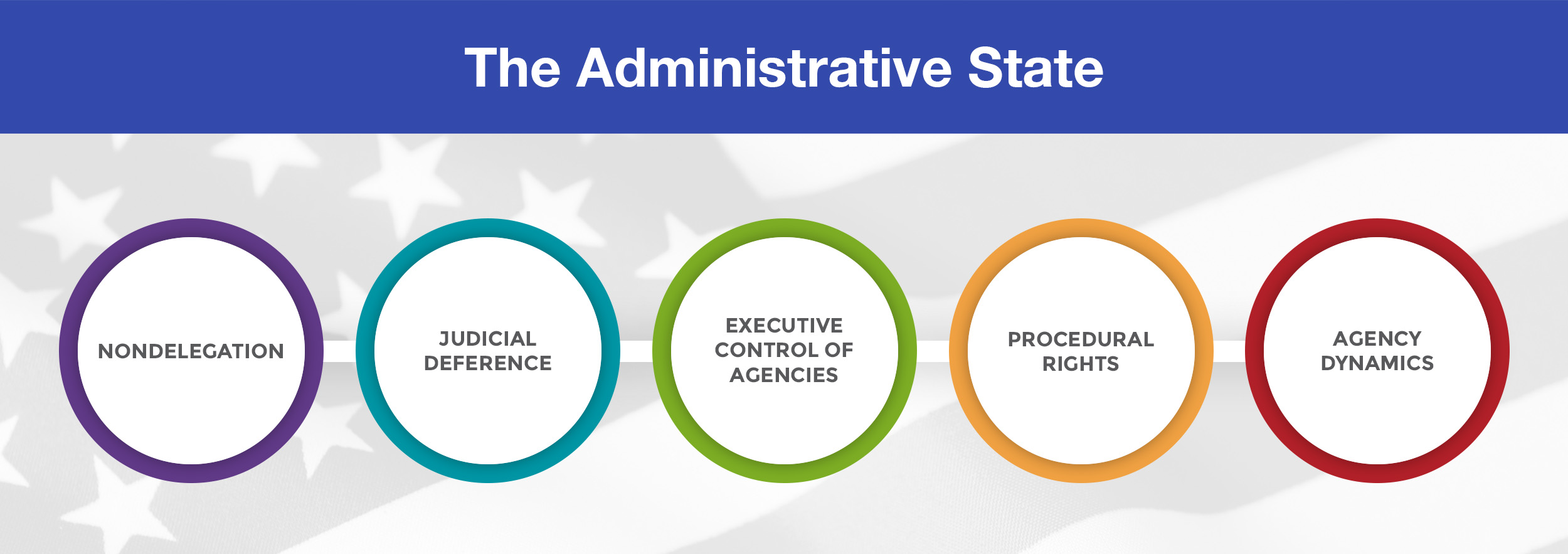United States Code
 From Ballotpedia - Reading time: 8 min
From Ballotpedia - Reading time: 8 min

| Administrative State |
|---|
| Read more about the administrative state on Ballotpedia. |
The United States Code (U.S. Code or U.S.C.) is a published collection of the laws of the United States federal government, prepared and released once every six years by the Office of the Law Revision Counsel (OLRC) of the U.S. House of Representatives. The U.S. Code is organized by subject matter and includes general and permanent public laws enacted by Congress; it excludes private laws, regulations, court decisions, treaties, and state and local laws.[1][2][3]
Background[edit]
The first version of the United States Code was published in 1926. Since the release of the second edition in 1934, new versions of the U.S. Code have been released once every six years.[3] Additional supplements to the code containing new laws enacted during the previous year are published annually. The U.S. Code is prepared and published by the Office of the Law Revision Counsel (OLRC), an office within the U.S. House of Representatives and overseen by the Speaker of the House.[2]
According to the official website of the OLRC, the U.S. Code is "a consolidation and codification by subject matter of the general and permanent laws of the United States." This means that the U.S. Code contains public laws that were enacted by Congress and remain applicable to all citizens or have effects on society as a whole. It does not contain regulations, court decisions, treaties, or state or local laws.[1]
List of titles[edit]
The United States Code is organized by subject matter into numbered sections called titles. Below is a list of the numbers and subject headings of each title of the U.S. Code, based on the edition released in 2012 and last accessed on August 21, 2017:[4][5]
- Title 1 - General Provisions
- Title 2 - The Congress
- Title 3 - The President
- Title 4 - Flag and Seal, Seat of Government, and the States
- Title 5 - Government Organization and Employees
- Title 6 - Domestic Security
- Title 7 - Agriculture
- Title 8 - Aliens and Nationality
- Title 9 - Arbitration
- Title 10 - Armed Forces
- Title 11 - Bankruptcy
- Title 12 - Banks and Banking
- Title 13 - Census
- Title 14 - Coast Guard
- Title 15 - Commerce and Trade
- Title 16 - Conservation
- Title 17 - Copyrights
- Title 18 - Crimes and Criminal Procedure
- Title 19 - Customs Duties
- Title 20 - Education
- Title 21 - Food and Drugs
- Title 22 - Foreign Relations and Intercourse
- Title 23 - Highways
- Title 24 - Hospitals and Asylums
- Title 25 - Indians
- Title 26 - Internal Revenue Code
- Title 27 - Intoxicating Liquors
- Title 28 - Judiciary and Judicial Procedure
- Title 29 - Labor
- Title 30 - Mineral Lands and Mining
- Title 31 - Money and Finance
- Title 32 - National Guard
- Title 33 - Navigation and Navigable Waters
- Title 35 - Patents
- Title 36 - Patriotic and National Observances, Ceremonies, and Organizations
- Title 37 - Pay and Allowances of the Uniformed Services
- Title 38 - Veterans’ Benefits
- Title 39 - Postal Service
- Title 40 - Public Buildings, Property, and Works
- Title 41 - Public Contracts
- Title 42 - The Public Health and Welfare
- Title 43 - Public Lands
- Title 44 - Public Printing and Documents
- Title 45 - Railroads
- Title 46 - Shipping
- Title 47 - Telecommunications
- Title 48 - Territories and Insular Possessions
- Title 49 - Transportation
- Title 50 - War and National Defense
- Title 51 - National and Commercial Space Programs
- Title 52 - Voting and Elections
- Title 54 - National Park Service and Related Programs
Note: Titles 34 and 53 were not used for this version of the U.S. Code.
See also[edit]
External links[edit]
- Official website of the United States Code (USCode.House.gov)
- United States Code - Table of Contents (Legal Information Institute)
- Search Google News for this topic
Footnotes[edit]
- ↑ 1.0 1.1 Office of the Law Revision Counsel, "About the Office and the United States Code," accessed August 21, 2017
- ↑ 2.0 2.1 Office of the Law Revisions Counsel, "About the Office; Contact Information," accessed August 21, 2017
- ↑ 3.0 3.1 Library of Congress, "Federal Statutes: A Beginner's Guide," September 12, 2013
- ↑ Office of the Law Revision Counsel, "OLRC Home," accessed August 21, 2017
- ↑ Legal Information Institute, "U.S. Code: Table of Contents," accessed August 21, 2017
| |||||||||||
 KSF
KSF